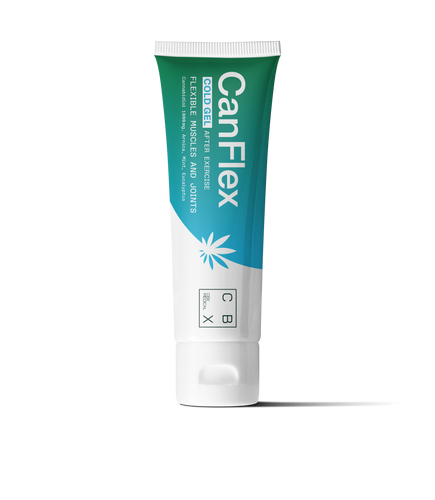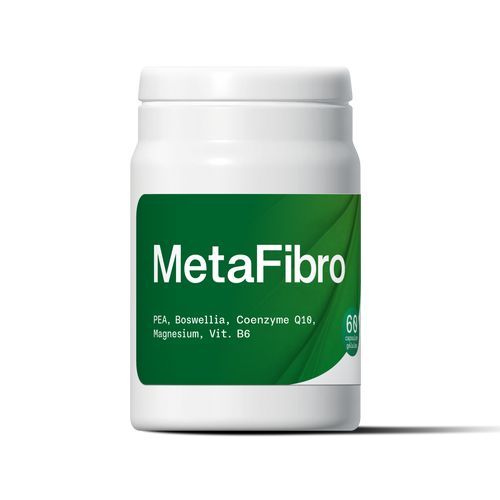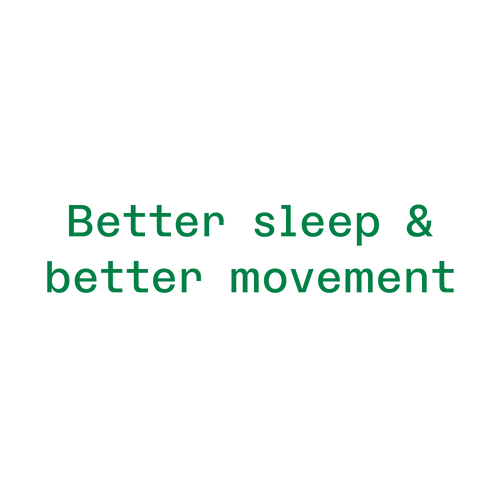Why do we use CBD?
In their scientific article entitled “A cross-sectional study of cannabidiol users”, the researchers, Jamie Corroon and Joy A. Phillips(1), asked in which situations patients used CBD. 1,483 patients using CBD completed the survey.
The 5 most cited reasons are chronic painful situations, muscle and joint problems, anxiety, sleep disorders and mood disorders. 
(This is patient feedback which does not allow for
as much as not the medical validation of the use of CBD for
situations described.)
A holistic approach
More than 65 targets identified:
CBD does not only interact with CB1 and CB2 receptors. There are more than 65 targets identified in our body and already validated by scientific studies. 
- Receptors: CB1, CB2, GPR55, opioids,...
- Enzymes: Lipoxygenase (inflammation), ...
- Channels: TRPV (1-4), ...
- Carriers: Anandamide, ...
A chemogenomic study which promises:
CBD would not only interact with targets identified and validated by science. The “chemogenomic” study by Bian, Y. et al. identifies CBD's potential affinity with a bunch of other targets in our bodies. 
We find in green the targets/receptors having an affinity with CBD already validated by scientific studies. In red, according to the study, we find the targets/receptors having a potential affinity with CBD, due to their biochemical structure.
Can you become addicted to cannabidiol?
No, you cannot become addicted to CBD. The World Health Organization (WHO) also clarified this in its 2017 report.
The explanation is technical: CBD is an allosteric modulator of CB1 receptors, which means that it does not act directly but indirectly on these receptors.
The CBD “key” does not fit directly into the CB1 receptor “lock”, there is no memory of use that is created at the dopaminergic mesolymbic level, and therefore no dependence.




